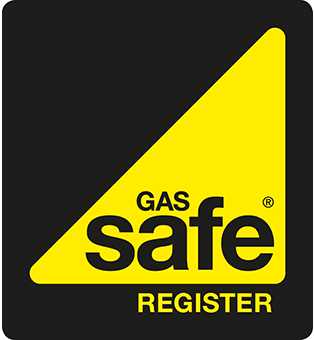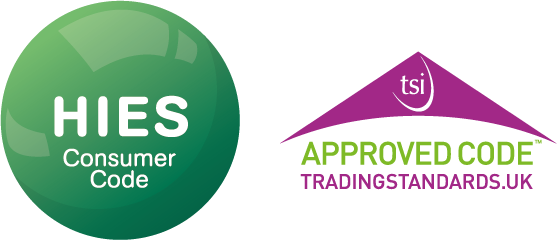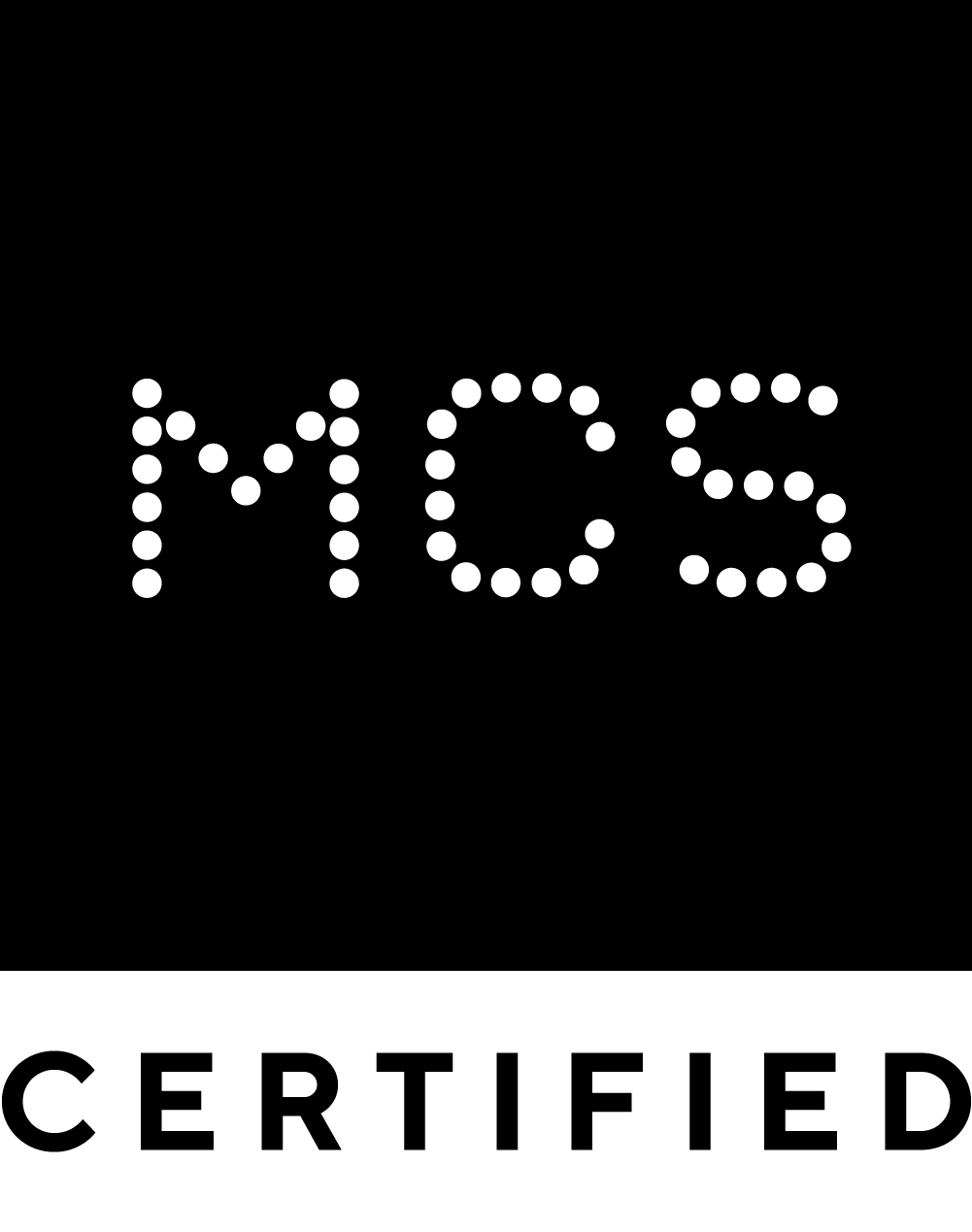Solar Panels
Solar panels, or photovoltaic panels, harness sunlight to generate electricity. This renewable energy source offers a sustainable solution for powering homes and businesses. Discover the benefits of solar panels and futureproof your home today.
Get your free Solar Panels quote
Get your free Solar Panels quote
Learn More About Solar Panels
About Solar Panels
How do Solar Panels work?
Solar panels work by converting sunlight into usable electricity through a process called the photovoltaic effect. Here’s how it happens:
Absorption of Sunlight: Solar panels are made up of photovoltaic cells, usually composed of silicon. These cells are designed to absorb sunlight. When sunlight strikes the solar panel, it contains tiny particles of energy called photons.
Generation of Electric Current: As photons from sunlight hit the solar panel’s surface, they transfer their energy to the electrons in the atoms of the photovoltaic cells. This energy excites the electrons, allowing them to break free from their atoms and create an electric current.
Collection and Flow of Electrons: The electric current generated by the excited electrons is collected by metal conductive plates within the solar panel. These plates create an electric circuit, enabling the flow of electrons through the panel.
Conversion of Direct Current (DC): The electric current produced by the solar panels is in the form of direct current (DC). However, most household appliances and the electrical grid operate on alternating current (AC). To convert the DC into AC, an inverter is used, which transforms the electricity to a usable form for powering homes or feeding into the electrical grid.
Utilisation or Storage of Electricity: The converted AC electricity can be used directly to power electrical appliances within a home or business. Excess electricity can be stored in batteries for later use, providing backup power when sunlight is not available. Alternatively, surplus electricity can be fed back into the electrical grid, allowing the owner to earn credits or compensation through net metering or feed-in tariff programs.
By harnessing the power of sunlight and converting it into usable electricity, solar panels provide a clean and sustainable energy source. They offer an environmentally friendly alternative to fossil fuels, reducing reliance on non-renewable resources and decreasing carbon emissions.

Start saving money with our energy saving solutions.
Our Solar Panels consist of
Help The
Environment
Clean, renewable energy. Reduce emissions. Combat climate change. Improve air quality. Minimise reliance on fossil fuels. Preserve ecosystems. Sustainable future.
#GoSolar
Save
Money
Solar panels can save money by generating free electricity from sunlight, reducing reliance on utility power. They offer long-term cost savings through lower energy bills and protection against rising electricity prices. Invest in solar, save money, and enjoy a solid return on investment. #SolarSavings
Protect
Yourself
Solar panels futureproof your home by providing a sustainable and reliable source of energy. They reduce dependence on fluctuating energy prices, protecting you from rising electricity costs. As renewable energy becomes increasingly prominent, having solar panels enhances your home’s value and marketability.
Flexible
Finance
Solar panels offer a strong return on investment (ROI) over time. By financing the installation, you can start generating savings and recouping your investment sooner. The energy savings and potential incentives or tax credits can contribute to a faster payback period. By financing solar panels, you can start enjoying the financial benefits immediately.
Our Accreditations











Solar Panels FAQs*
Solar panels, also known as photovoltaic (PV) panels, are devices that convert sunlight into electricity. They consist of interconnected solar cells made of semiconductor materials, typically silicon.
Solar panels work by harnessing the photovoltaic effect. When sunlight hits the solar cells, it excites electrons, creating an electric current. This direct current (DC) is converted into alternating current (AC) through an inverter, making it usable for powering homes or feeding into the electrical grid.
Solar panels can generate electricity even on cloudy days, although their efficiency is reduced compared to sunny conditions. They still produce electricity, albeit at a lower rate. Solar panels can be installed in various climates and can benefit from indirect or diffused sunlight.
Solar panels are designed to be durable and typically come with warranties ranging from 20 to 25 years. With proper maintenance, solar panels can continue to produce electricity beyond their warranty period, although their efficiency may slightly decrease over time.
Batteries are not necessary for all solar panel installations. If your solar panels are grid-tied, excess electricity is typically fed back into the grid, and you draw power from the grid when needed. However, adding batteries can provide energy storage for use during power outages or to maximize self-consumption.
Standard grid-tied solar panel systems do not provide power during a power outage. This is to ensure the safety of utility workers. However, with the addition of energy storage systems like batteries, you can have backup power during outages.
The cost of solar panels depends on various factors, including the system size, type of panels, installation complexity, and region. Prices have decreased significantly over the years, and there are often incentives, tax credits, and financing options available to make solar panels more affordable.
Solar panels generally require minimal maintenance. Regular cleaning to remove dust or debris and ensuring they are free from shading is recommended. Occasional inspections for any physical damage or wiring issues are also advisable. Consult the manufacturer’s guidelines for specific maintenance recommendations.
While it is possible to install solar panels yourself, it is recommended to hire a professional installer. They have the expertise to ensure proper installation, compliance with local regulations, and optimal system performance. Professional installation also helps maintain warranties and may be required for certain incentives.
In many regions, it is possible to sell excess electricity back to the grid through a process called net metering or feed-in tariffs. This allows you to receive credits or compensation for the surplus electricity your solar panels generate.
*Remember to consult with solar energy professionals or reputable sources to get personalised and up-to-date information based on your specific location and circumstances.
Want to save money on your energy?
Get in touch with The Eco Roof and Wall Company today.